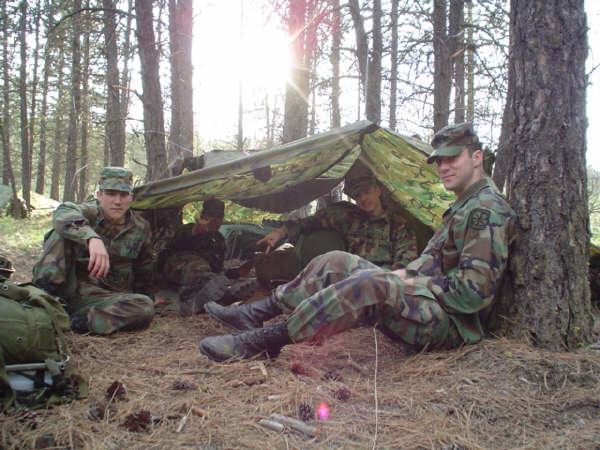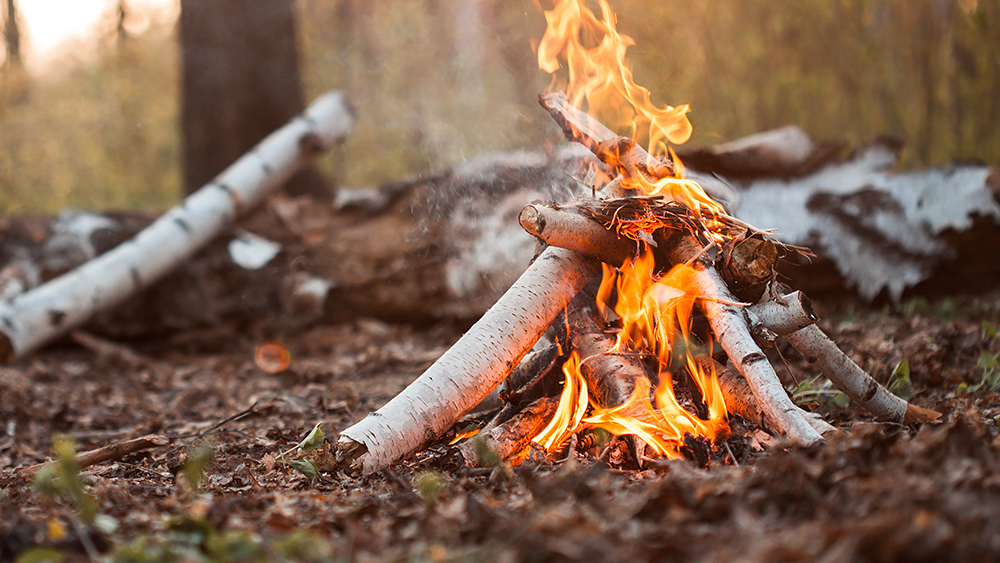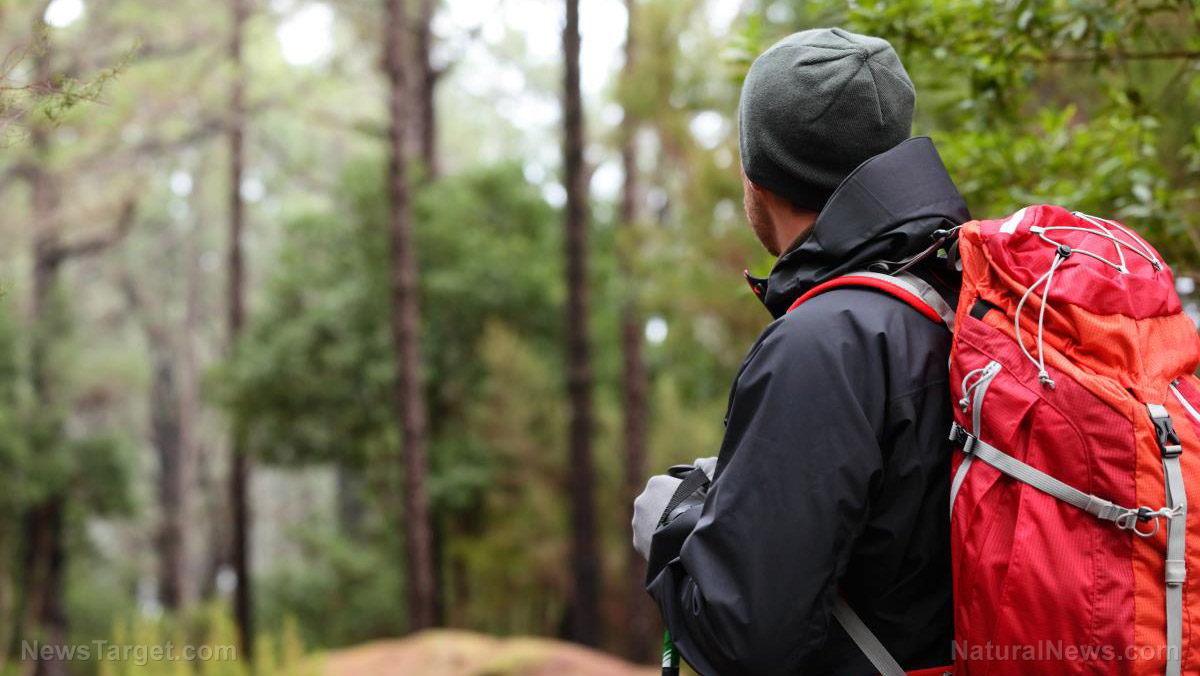
Movies and television shows often idolize the lone wolf – the survivor who goes out alone when disaster strikes or in the wake of an SHTF event. But this portrayal is far from the truth, which is that humans have strength in numbers. If you want to truly be prepared for a disaster or SHTF event, you need to have a survival group.
Ideally, members of your survival group should be physically fit, mentally tough and able to contribute an important survival skill, such as hunting, firestarting or building a shelter.
Members of any survival group should also be dependable and trustworthy. Otherwise, you might find yourself dealing with more than just survival tasks when disaster strikes. Almost nothing will doom a survival group faster than a disruptive individual. Therefore, it's important to screen would-be members of your group.
On that note, here are six warning signs to look out for when forming a survival group: (h/t to DystopianSurvival.com)
1. Addictions
Steer clear of individuals with addictions of any kind, such as drugs, alcohol or gambling. These individuals are not in control of their lives – it's their addiction that is in control. Chances are they will create chaos for the group and place themselves or the whole group in danger. That isn't a risk you should take when SHTF.
It would be better to offer to help people with addictions find assistance in overcoming their addictions. But do not make them a part of your group until they have completely overcome their addiction. (Related: Why exercise is the best way to recover from an addiction.)
2. Mental illness
Avoid individuals with long-term mental health problems, particularly those who take maintenance medicines. Remember that at some point during a crisis, those medicines will run out. The person taking them may end up causing problems for the group and compromising the safety and security of the whole group.
However, this isn't to say that you should abandon family members or relatives with actual mental issues, such as a child with epilepsy or a grandmother with Alzheimer's disease. You will need to make special accommodations for them but you don't have to abandon them. This advice is only for strangers and outsiders.
3. Bizarre or unusual requests
Never let your guard down, even if new members of your survival group don't have apparent addictions or mental illnesses. More specifically, take note of any bizarre or unusual requests new members make, especially when such requests are made early on.
For example, you may want to keep an eye on someone trying to borrow a large sum of money even if they hardly know you. If someone readily does illegal or unethical things, that may be a sign that they don't understand or respect boundaries. Such an individual may have underlying problems that may put everyone in danger. Any group would be better off without such troublemakers.
4. Dishonesty
It's one thing to be guarded with personal information and another to lie completely about who you are or where you came from. Remember that most people would be looking for supplies in a post-SHTF world. Someone acting shifty or being downright deceitful may just be looking to make off with your supplies.
It would be better to avoid including such individuals in your survival group.
5. Chaotic personal life
If a person has messy relationships, whether with family, friends or previous partners, tread carefully. A lack of stability in their life may be a major warning sign. Bouncing in and out of work or spending large stretches of time unemployed is also likely a sign that an individual isn't exactly stable. A chaotic life now will likely carry over to a chaotic life in a post-SHTF world, and that could create problems for other survivors.
But take note that context matters, so use common sense. People lose their jobs for various reasons and anyone can go through a rough patch in their relationships. What isn't normal is constant chaos. Look for trends within their life, not one-time events.
6. Different values and worldview
If a stranger or outsider doesn't share your worldview, values and political or religious beliefs, they likely won't be a good fit for your survival group. Conflicts in such matters can cause friction within the group, and you wouldn't want to have to deal with that when you're busy trying to survive in a post-SHTF world.
It would be better to look for people who share the same values and worldview as you.
For more survival tips, go to Survival.news.
Sources include:
Please contact us for more information.





















